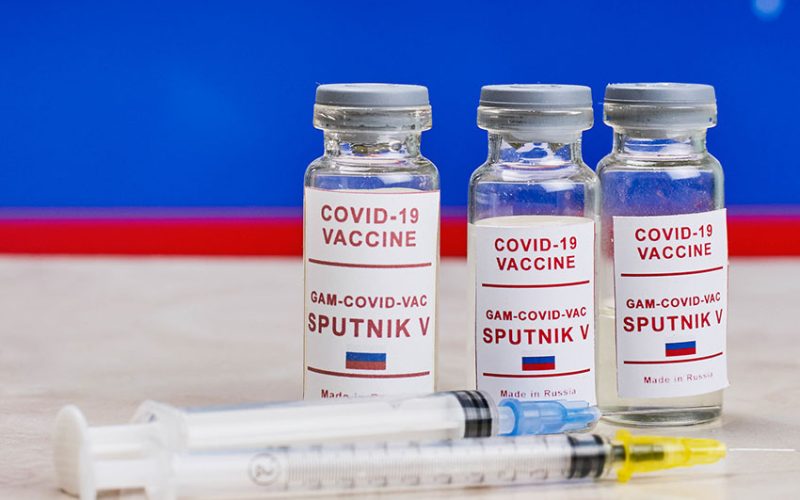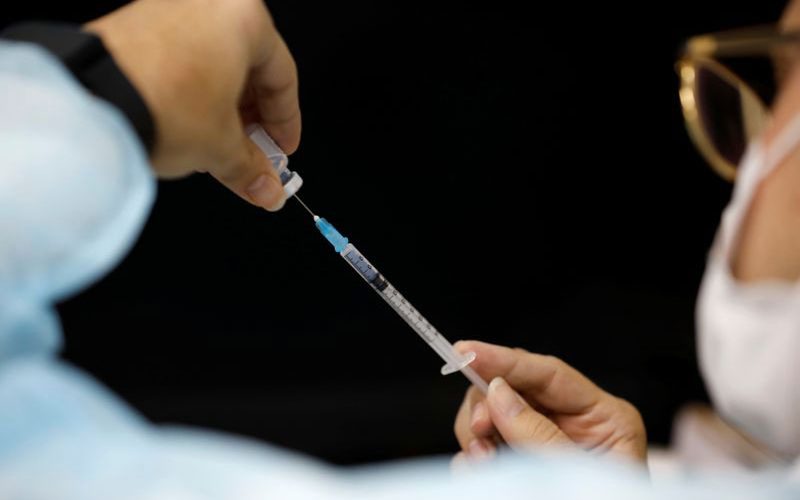
Russian vaccine can deal with mutations
A Russian trial testing the effectiveness of revaccination with the Sputnik V shot to protect against new mutations of the coronavirus is producing strong results, researchers have said. Last month President Vladimir Putin ordered a review by March 15 of Russian-produced vaccines for their effectiveness against new variants spreading in different parts of the world. "(A) recent study carried out by the Gamaleya Centre in Russia showed that revaccination with Sputnik V vaccine is working very well against new coronavirus mutations, including the UK and South African strains of coronavirus," said Denis Logunov, a deputy director of the centre, which…

